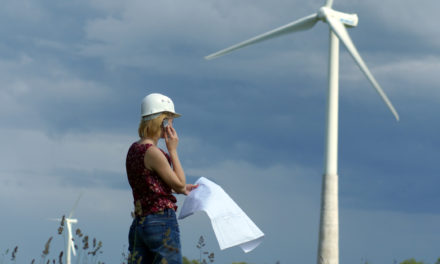
The Future of Labor, and How We Define Work
The labor market is on the cusp of momentous change. Technology, demographics, shifting values and, of course, a pandemic are converging to radically alter how we define work.
To view the full article please register below:
The Future of Labor, and How We Define Work
The labor market is on the cusp of momentous change. Technology, demographics, shifting values and, of course, a pandemic are converging to radically alter how we define work.
Two recent surveys about the future of how we define work provide some provocative insights. We begin with key big-picture highlights from “The Economist,” followed by a more detailed imagining of some of the jobs that await American workers.
Highlights from “The Economist” Future of Work Special Report1
- While the media paint a pessimistic outlook for labor (e.g., automation, poor pay, dead-end jobs), “The Economist” survey suggests a more hopeful picture of higher job satisfaction and faster wage growth, as well as more opportunities for those on the low end of the income scale.
- Though the shift to a hybrid work arrangement is likely permanent, remote-only companies are unlikely to gain much traction.
- Employment law will adapt to protect at-home employees, though at-home arrangements could deepen the divide between knowledge-based workers and blue-collar laborers.
- Even as automation accelerates, it is unlikely to lead to massive job losses, primarily because declines in production costs often lead to greater demand for products and services, raising the need for workers. There will be churn in the labor market (fewer cashiers, but perhaps more health care aides), but employment will remain robust.
A Peek at Future Job Openings
Cognizant’s Center for the Future of Work drilled down in greater detail, identifying what it believes are some of the new jobs of tomorrow.2 Among them are:
- “Data detective” to solve the mysteries hidden in a business’s big data
- Ethical sourcing officer to ensure that corporate spending on energy, waste and community sponsorship aligns with the firm’s ethical values
- “Walker/talker” aimed at the unemployed and underemployed to serve as companions to the elderly
- AI-assisted health care technician to combine an individual’s nursing background with software and digital testing equipment to serve the vulnerable and frail in their homes
- Cyber city analyst to study automated data flows to further the safety and functionality of municipalities
- Genomic portfolio director to shape the priorities of product development in the biotech and pharmaceutical industry
- Human-machine teaming manager to combine the relative strengths of AI/robots and humans to maximize business results
- Personal data broker to monitor and trade in personal data and seek ways to maximize income from said data
- Augmented reality journey builder, or “experience composer,” to create personalized stories and vignettes for trips into augmented reality
In sum, cashiers may go the way of blacksmiths, but Luddite fears of a labor Armageddon seem unfounded.
Sources:
- https://www.economist.com/special-report/2021/04/08/a-bright-future-for-the-world-of-work
- https://www.cognizant.com/whitepapers/21-jobs-of-the-future-a-guide-to-getting-and-staying-employed-over-the-next-10-years-codex3049.pdf
Please reference disclosures: https://blog-dev.americanportfolios.com/disclosures/












